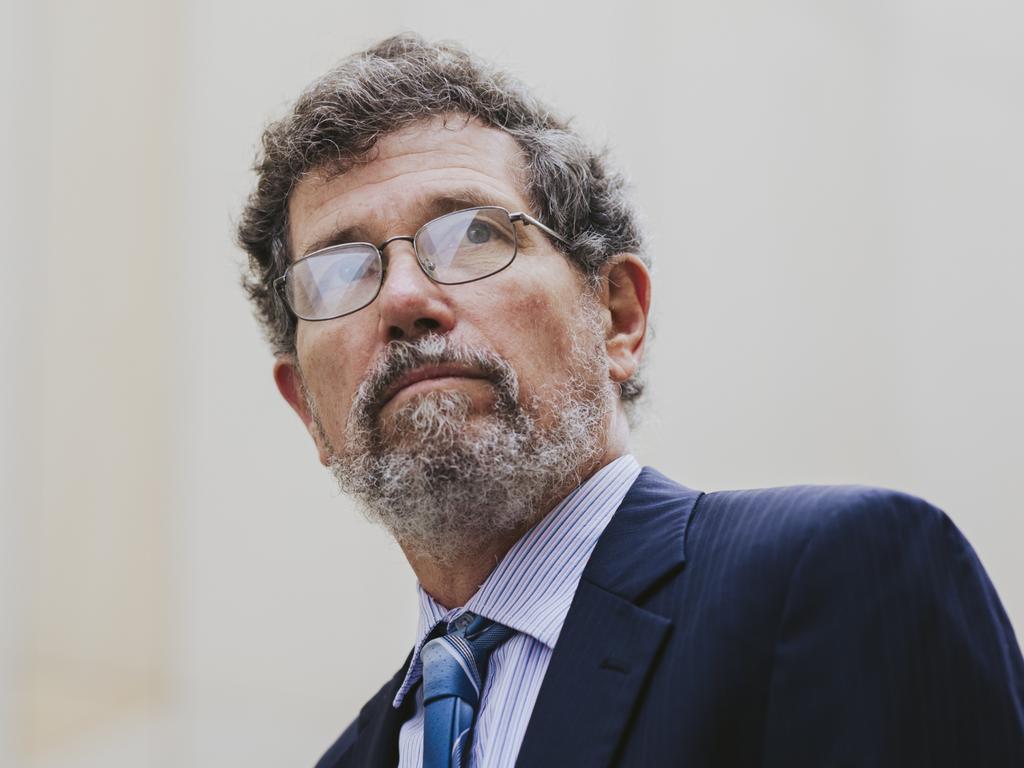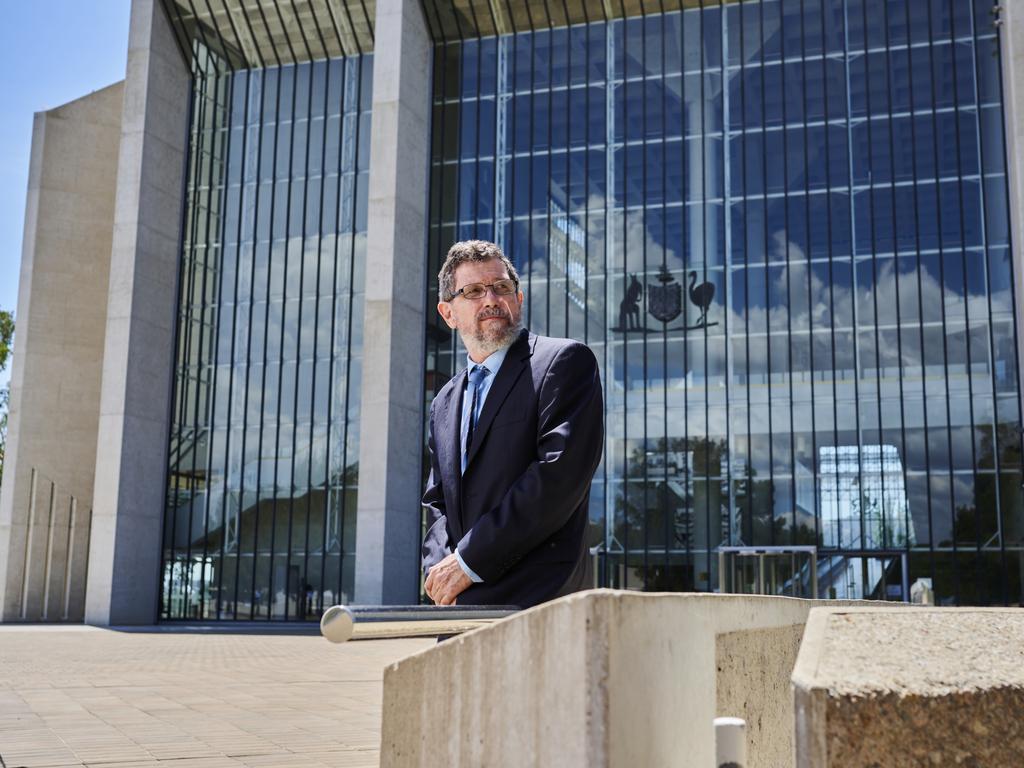James Cook University won Peter Ridd case, but does not emerge unblemished


But matters of principle don’t necessarily carry weight in law and Ridd has now lost his High Court appeal against the university.
Legally, his problem was that he supposedly breached confidentiality provisions in the university’s code of conduct by things he said, and the people he said it to. Also that his criticism of university management was not protected by the academic freedom accorded to views expressed in his area of expertise. That gave the university the means to sack him and, following Wednesday’s High Court ruling, he stays sacked without compensation.
But a closer look at the decision reveals the court had reservations about the treatment of Ridd and, if his appeal had not been on “an all-or-nothing basis” he may have come away with a partial win.
For one thing, the High Court clearly said that the university’s first 2016 censure of Ridd – for an email to a journalist criticising the Great Barrier Reef Marine Park Authority and the ARC Centre of Excellence for Coral Reef Studies – was not justified.

The court went further and suggested that, in putting his case, Ridd had not raised points which would have been pertinent about the university’s second censure of him – the one which led directly to his sacking.
In what it described as “curiosities”, the court said Ridd had made no submission that the allegedly confidential information he released either was not confidential or referred to information already in the public domain.
It is clear from this that James Cook University, even with a win, does not come out of this case unblemished.
But, also on Wednesday, there was a possibly more significant development than the Ridd decision for the future of free speech in universities.
Education Minister Alan Tudge chose to announce, on the same day, that all universities have now adopted the French model code for the protection of freedom of speech and academic freedom.
Universities’ alignment with the code, written by former chief justice Robert French, means that, for the first time, all universities are subscribing to common principles on protection of free speech. Even better, these principles are reasonable and sensible.
They guarantee freedom of speech on campus while allowing that this freedom is moderated, for example, by the need to be quiet long enough for others with perhaps contrary views to have their say.
Lawful speech on campus is protected and can’t be treated as misconduct or attract a penalty.
Academic freedom, which is slightly different to freedom of speech in that it refers to expression of scholarship or research, is also protected. But this protection is limited in a sensible way by, for example, the need to foster the well being of students and staff.
Importantly, the code says that academics are not forbidden to include content in courses solely on the grounds that it might shock students. In other words, it’s OK to broach difficult or upsetting topics in class.
Universal adoption of the French code means there is now a common and acceptable standard for assessing the state of free speech on campus. It will also be reported on each year in universities’ annual reports. In the longer term, this probably means more for free speech than one High Court decision.







Firstly, it has to be said upfront and very clearly. As a matter of principle, Peter Ridd should not have been sacked by James Cook University for trenchantly expressing his unfavourable opinions about the work of scientific colleagues regarding coral loss on the Great Barrier Reef.